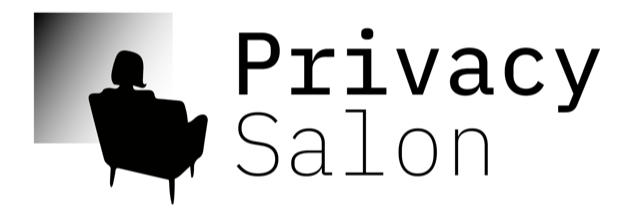Faceless: Re-inventing Privacy Through Subversive Media Strategies
Curated by artist Bogomir Doringer in support of Brigitte Felderer from the Applied Arts Academy in Vienna, FACELESS is an exhibition exploring a phenomenon present all around us: the fashion of facelessness that first appeared in the creative arts at the beginning of this century and has remained popular since then. The exhibition reminds us of the impact that media-generated images can have on the creative arts and the ways in which they respond to public images, pop culture, and the mainstream in general. The exhibition shows, the appeal that hiding, veiling, or masking the face exerted on art and fashion after 9/11. The fear of terrorist attacks led to a change in security concepts and the installment of surveillance systems in public spaces – presented to us as if for our own safety. As a result, we feel that our faces are becoming "compressed" and exposed. The only way for us to regain this lost privacy is through subversive media strategies or by reinventing privacy. By wearing a “mask” we form a collective critical body.
As the value of facial identifiability has risen, abstracted forms and representations of faces have become increasingly common in artistic production. Bogomir Doringer, for one, has been exploring the theme of facelessness in fashion and art for years. “Our unstable identity yearns for a return to the mask,” he says. “Like in times past, we are attracted to wearing masks as a form of protection or camouflage, as a prop, or just for entertainment.”
Following the events of 9/11, images of masked faces of terrorists became dominant in the media; repeated as a ghostly, unknown presence that reminds us of the unsafe time we live in. At the same time, throughout Europe people began to pursue a ban on burqas. Artists and designers at the very beginning started directly reacting on these issues with their works, but slowly the reference has been lost and an image remained. In addition to the loss of privacy, the rules of modern technology demand that we be constantly visible. Social networks, initially developed as platforms for communication, came to define standards of everyday activity and lifestyle. They approach us with the promise of serving as tools for self-promotion, and then increasingly invade our privacy with our express consent.
“As much as a face and an expression can give away about us,” says co-curator Brigitte Felderer of the University of Applied Arts Vienna, “we have plenty of creative potentials at our disposal for making these tale-telling surfaces illegible, even invisible, without running the risk of suffering social death.”
FACELESS continues the survey in a more participatory, laboratory approach and researching practical solutions for anonymity in contemporary society that are result of interdisciplinary works involving art or coming from artist mostly. The focus is on interdisciplinary works and lectures, performances, and workshops that convey how we can survive without losing face and at the same time revolt.
In De Markten, FACELESS was presented in a smaller format as a media laboratory open on the invitation of and as part of the 8th Computers, Privacy and Data Protection conference. The exhibition successfully merges art and fashion in the context of a subject that is of collective urgency and importance.
FACELESS was presented and produced for the first time at Museums Quartier in Vienna, and then later presented at Mediamatic in Amsterdam. In spring 2015 it will shape itself in a form of publication published in support of the Applied Arts Academy, Artistic Technology Research, Museums Quartier and Linz Art Academy.
Participating artists:
Marina Abramović, Lisette Appeldorn, Martin Backes, Jeremy Bailey, Aram Bartholl, William Basinski, Zach Blas, Thorsten Brinkmann, DAWAMESK (Thomas Mercier), Ondrej Brody & Kristofer Paetau, Sterling Crispin, Ben DeHaan, Sofie Groot Dengerink, Nezaket Ekici, Arthur Elsenaar, Shahram Entekhabi, Caron Geary aka FERAL is KINKY, David Haines, Ren Hang, Adam Harvey, Sabi van Hemert, KATSU, Brian Kenny, Ute Klein, Miodrag Krkobabić, Vanessa Lodigiani, Zachari Logan, Jill Magid, Slava Mogutin, Veljko Onjin, Bernd Oppl, Tanja Ostojić, Marco Pezzotta, Gerda Postma, Eva-Maria Raab, RAF SIMONS, Daphne Rosenthal, Tarron Ruiz-Avila, Mustafa Sabbagh, Olivier de Sagazan, Daniel Sannwald for WOODKID, Carmen Schabracq, Frank Schallmaier, Hester Scheurwater, Tim Silver, Jan Stradtmann, Sergei Sviatchenko, Filippos Tsitsopoulos, Saša Tkačenko, Marc Turlan, Levi van Veluw, Ari Versluis & Ellie Uyttenbroek, Philippe Vogelenzang & Majid Karrouch, Martin C de Waal, Bernhard Willhelm, Andrew Norman Wilson, Lucy Wood and Jwan Yosef.
Curated by Bogomir Doringer in support of Privacy Salon and Restart in partnership with IAPP, deBuren, Vrije Universiteit Brussel, De Marktenand freiraum quartier21 INTERNATIONAL / MuseumsQuartier Wien
